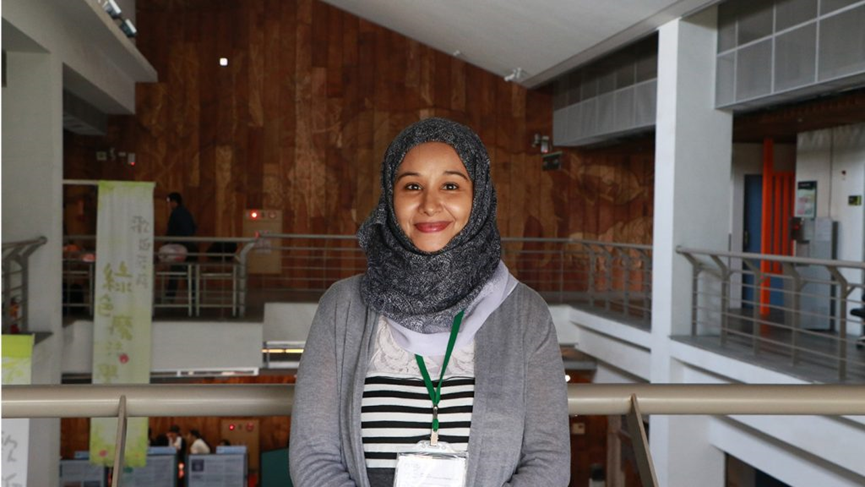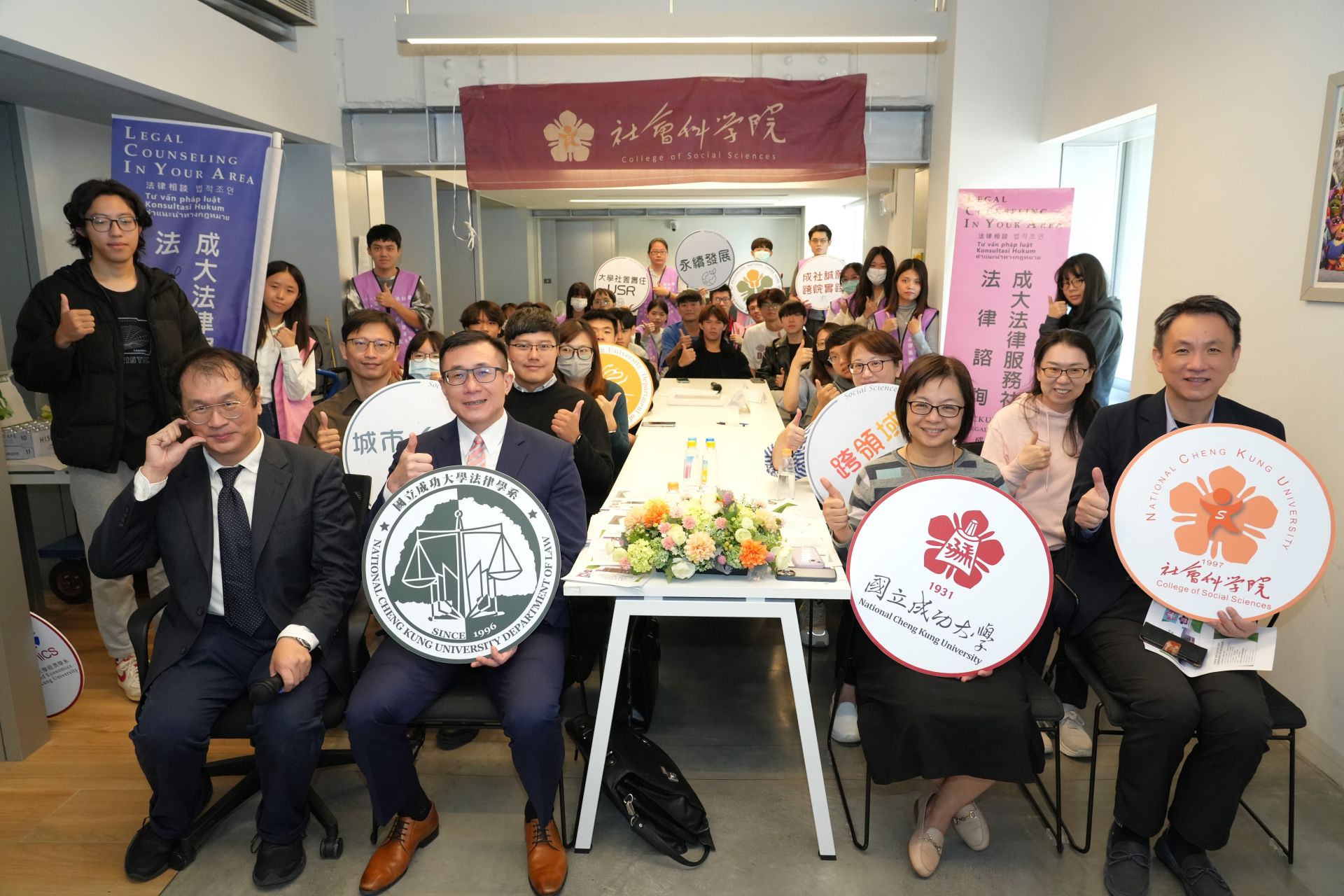In recent years, funding agencies such as the National Science and Technology Council and the Ministry of Education have actively promoted and enforced regulations requiring research ethics review approval before project implementation. Additionally, some academic journals now mandate ethics review approval for submissions. These developments underscore the critical importance of research ethics.
NCKU Vice President Yuh-Neu Chen stated that research ethics not only serve as a code of conduct for researchers but also emphasize the rights and respect of research participants. In an era of rapid technological advancement, there is often a focus on results at the expense of the process. NCKU's framework for human research ethics governance has been in operation for over a decade and has expanded its application to fields such as humanities, science and engineering, social sciences, and management. She expressed gratitude to partner schools for their participation and support, which have significantly contributed to the smooth development of the Southern Alliance. Chen emphasized the need for continuous reminders about the importance of research ethics. She highlighted that undergraduates should begin cultivating an understanding of and respect for academic research ethics through classroom assignments. The conference held today carries profound significance, and she hopes to further promote the establishment of a robust research environment with collective efforts in the future.
Cheng-Ta Yang, Director of the Research Center for Humanities and Social Sciences at NCKU, expressed his gratitude in his speech to the Southern Alliance partners for their diligent efforts in safeguarding research ethics. He noted that their vigilance ensures researchers can uphold the rights of research participants throughout the research process. Using his own psychology research as an example, Yang reminded researchers of the importance of prioritizing the rights of study participants and fulfilling their obligation to provide informed consent.
Under the framework of the Southern Regional Research Ethics Alliance, the NCKU Human Research Ethics Committee (NCKU HREC) has seen a steady increase in cases handled annually. In 2024 (R.O.C. 113), the number of cases reached a new high. As of the end of last year, over 60 schools and institutions had signed Institutional Review Agreements with NCKU HREC, enabling researchers to confidently submit their projects for ethics review. This growth reflects the strong support and trust of partner institutions. Since its establishment, the committee has built a solid reputation for its services. It continues to receive new requests for ethics review agreements from schools, government departments, and national research institutions for individual projects, further cementing its role as a trusted partner in research ethics.
In addition to the routine annual business report and discussions, the January 10 conference featured a keynote presentation by Associate Professor Hsing-Tzu Lin from the Department of Information Management at the National University of Kaohsiung. Her talk, titled "Ethical Issues in Research Using School Affairs and Teaching Data," provided valuable insights to attendees. The session aimed to help personnel from participating schools understand the ethical considerations and precautions when conducting research involving school-related data.
The Southern Regional Research Ethics Alliance was established in 2012 and has garnered the participation and support of over 50 universities and colleges from central, southern, and island regions. Its collaborative framework has steadily evolved, establishing professional channels for research ethics consultation and review. Through this cooperation, the alliance has successfully implemented resource integration and sharing, furthering its mission of advancing research ethics.
In the future, the administrative office of the National Cheng Kung University Governance Framework for Human Research Ethics, under the Research Center for Humanities and Social Sciences, will continue to operate the Southern Regional Research Ethics Alliance. It will provide services such as research ethics reviews, educational courses, and professional consultations. These efforts aim to raise awareness of ethical issues among research teams, participants, and stakeholders in research settings, fostering the creation of research outcomes that earn the trust of the broader public.
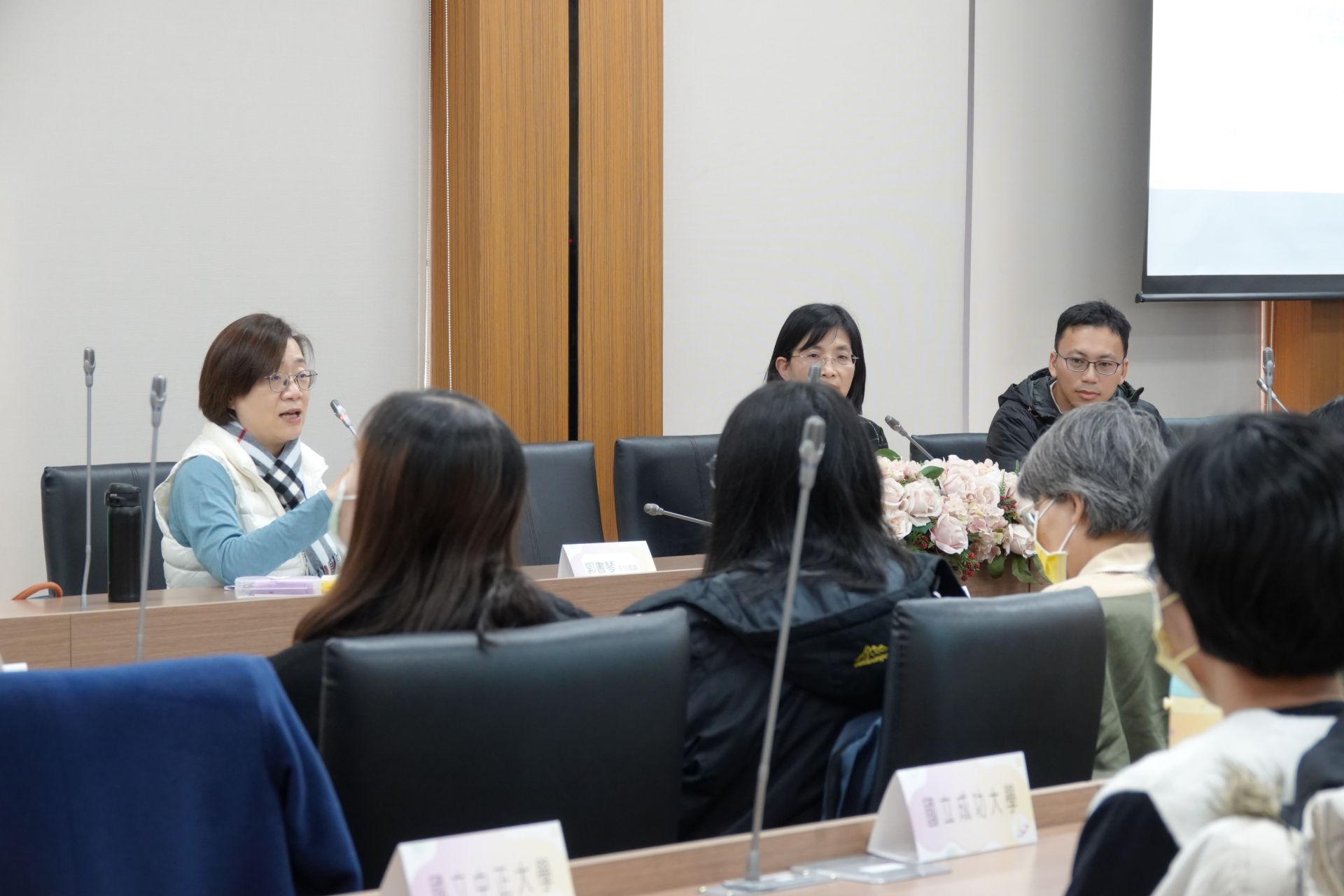
"114th Southern Regional Research Ethics Alliance Conference" was held on the afternoon of January 10 at the Second Conference Room of the Yun-Ping Administration Building on the Kuang-Fu Campus of National Cheng Kung University. Representatives from over 30 partner schools attended the event.
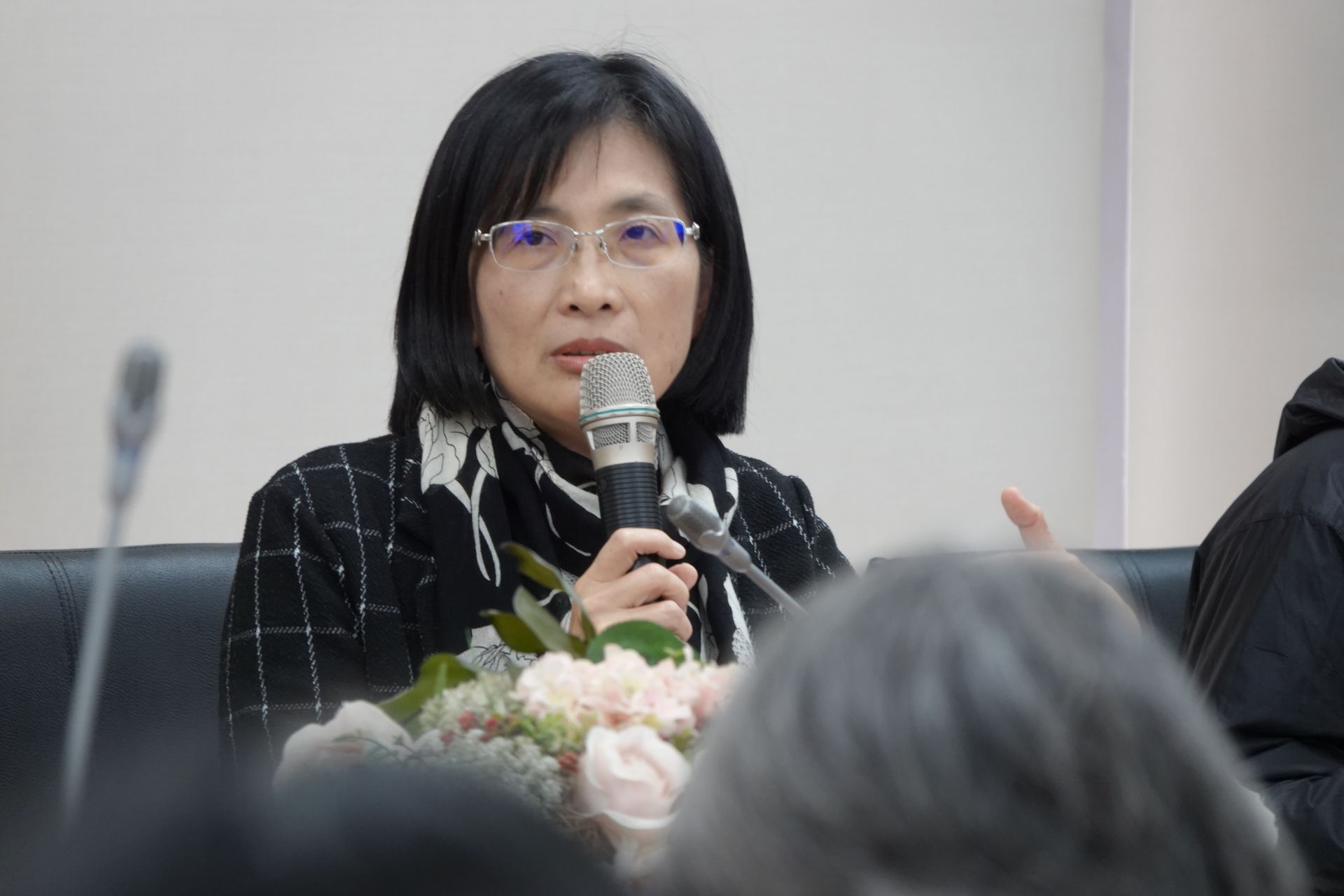
NCKU Vice President Yuh-Neu Chen stated that the concept of research ethics requires constant reinforcement. She expressed hope that partner schools in the alliance would work together to continually foster a positive research environment.
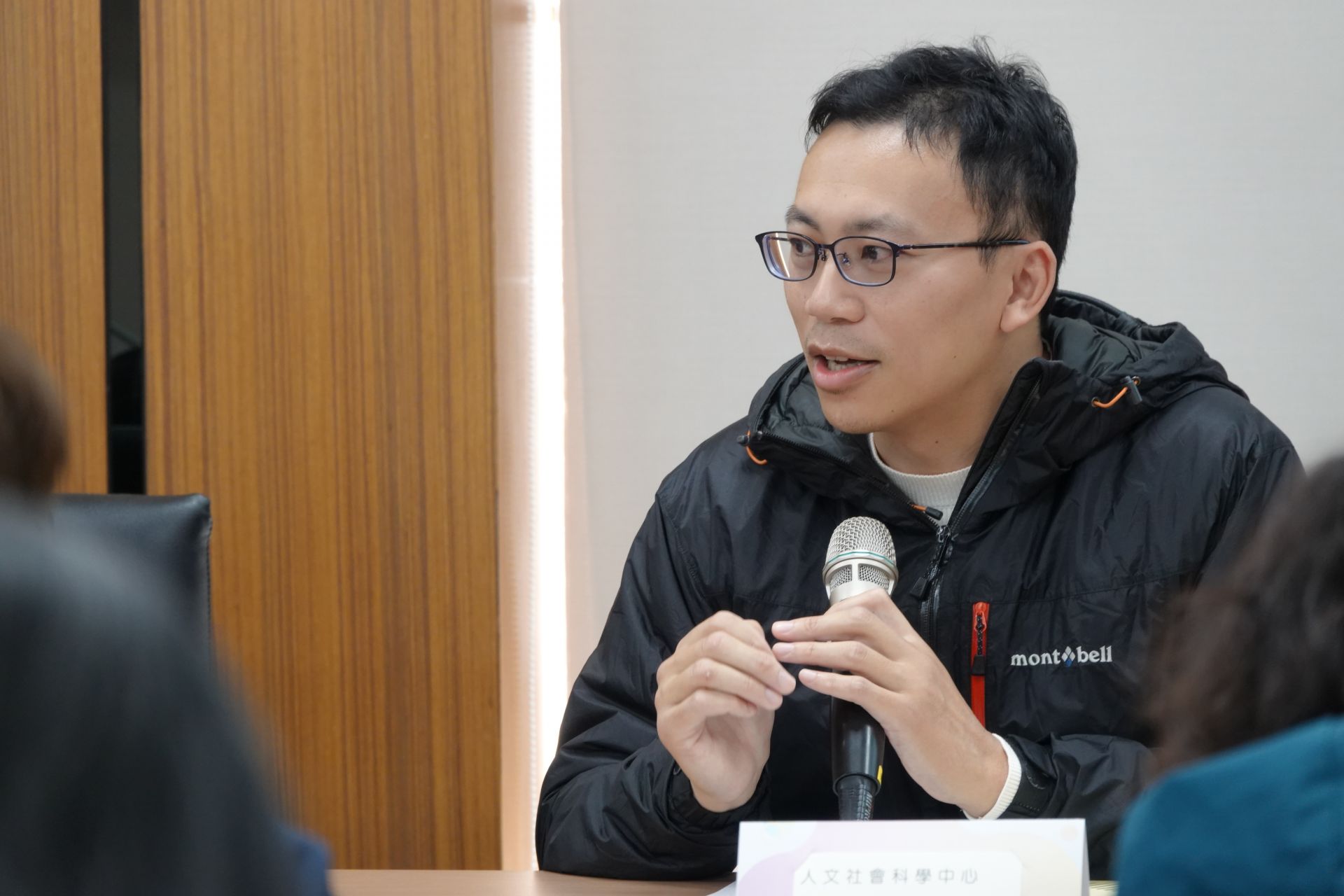
Cheng-Ta Yang, Director of the Research Center for Humanities and Social Sciences at NCKU, delivered a speech expressing gratitude to the SRREA partners for their efforts in upholding ethical standards. He emphasized that their vigilance ensures researchers can safeguard the rights and interests of research subjects during the research process.
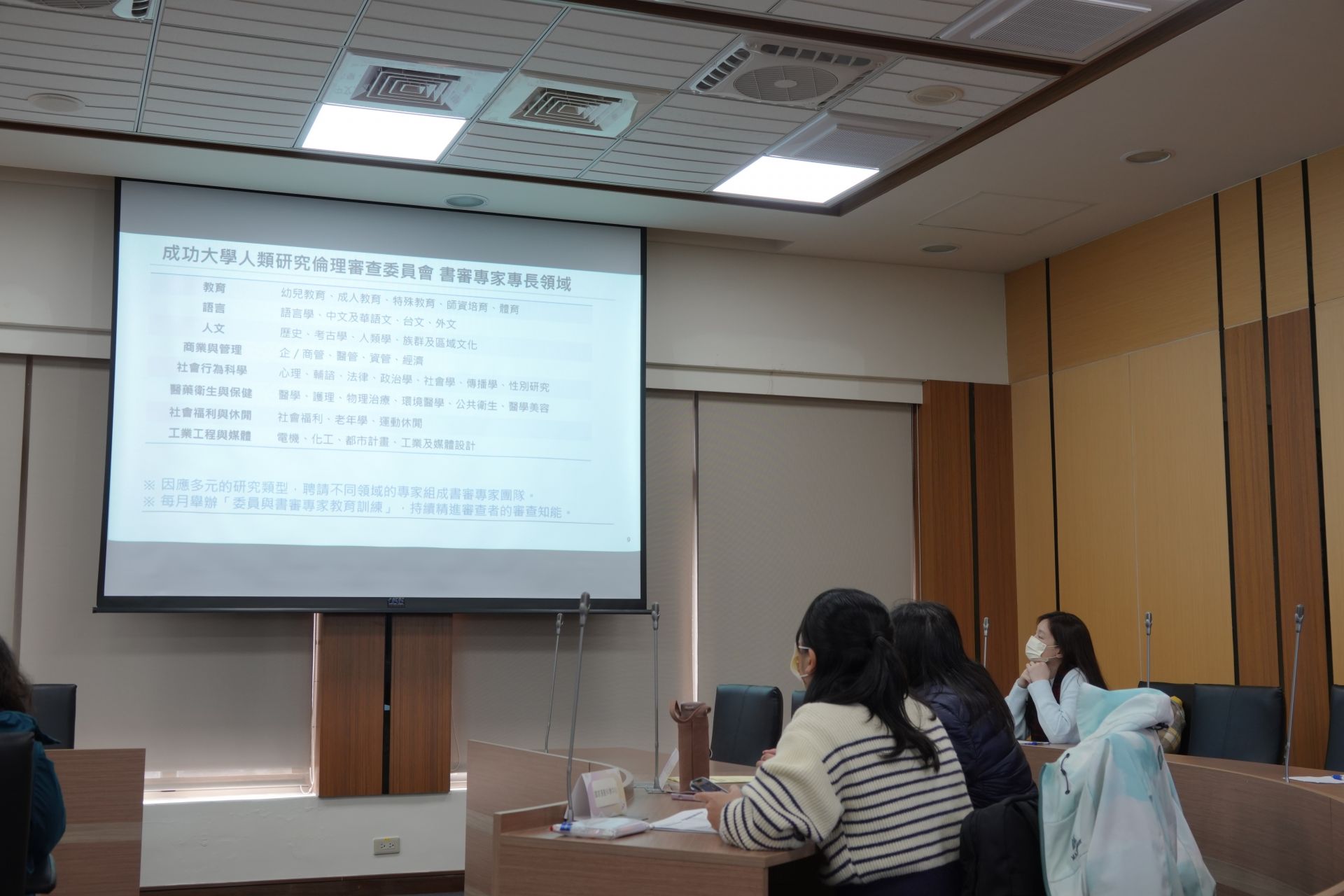
The Southern Regional Research Ethics Alliance was established in 2012 (R.O.C. 101) and has garnered participation and support from over 50 universities and colleges in central, southern, and island regions. Its collaborative framework has been steadily evolving.





